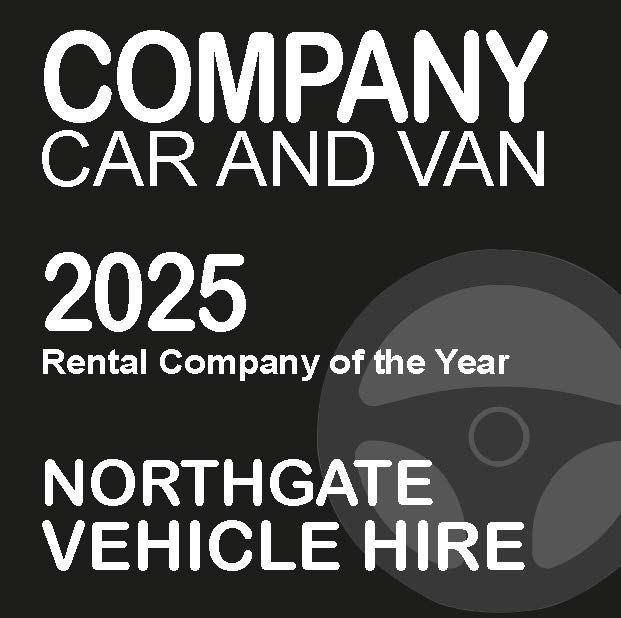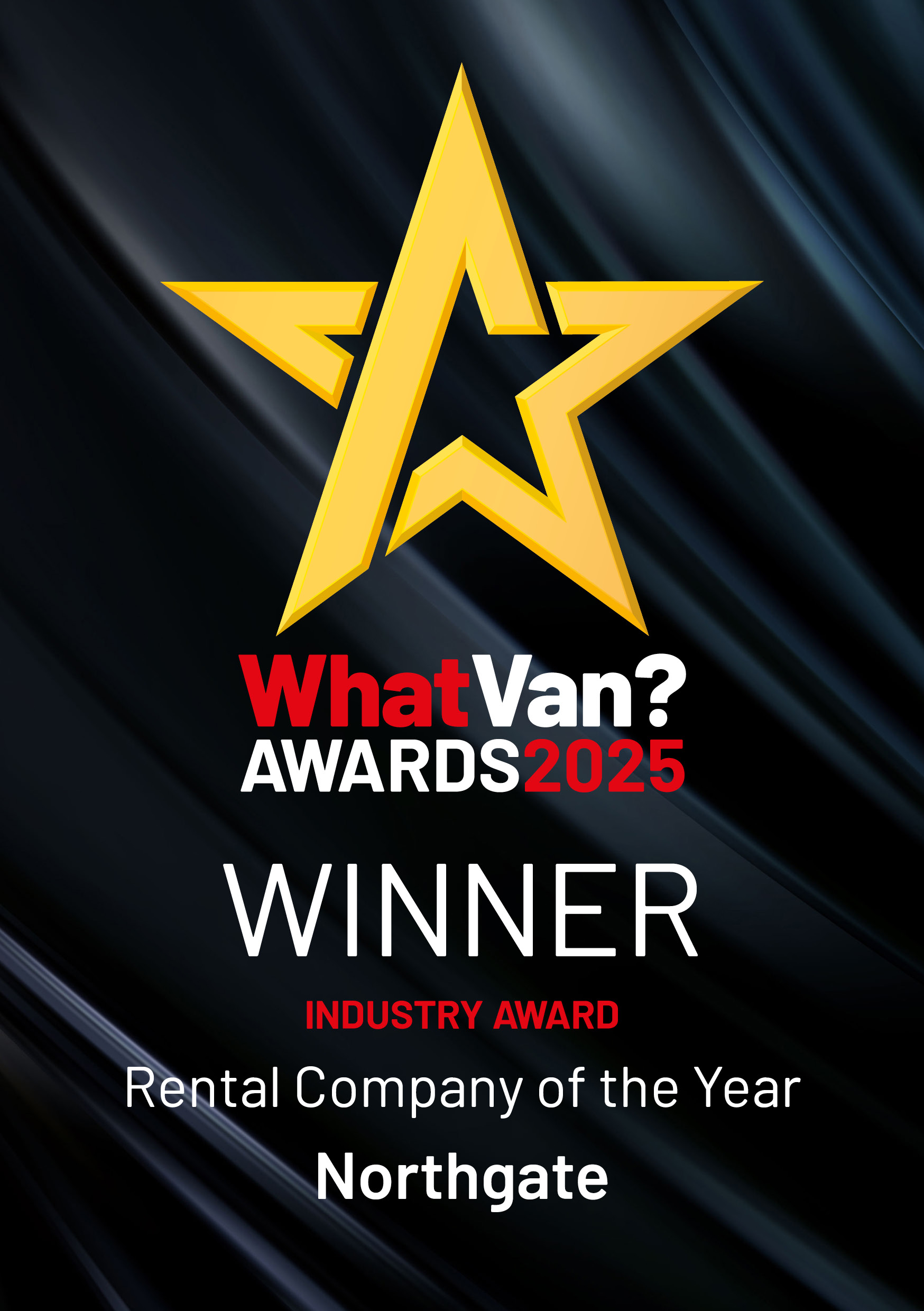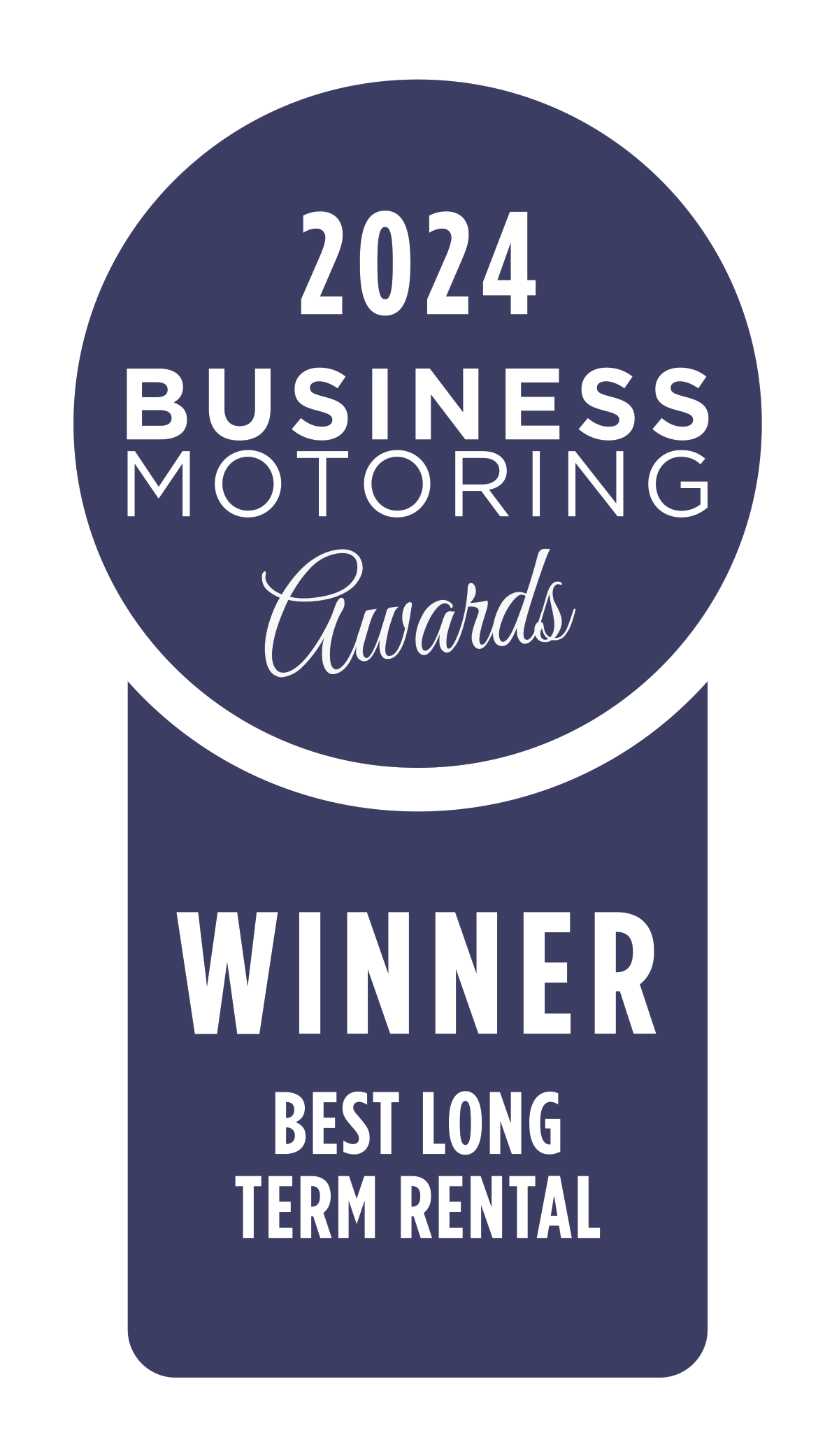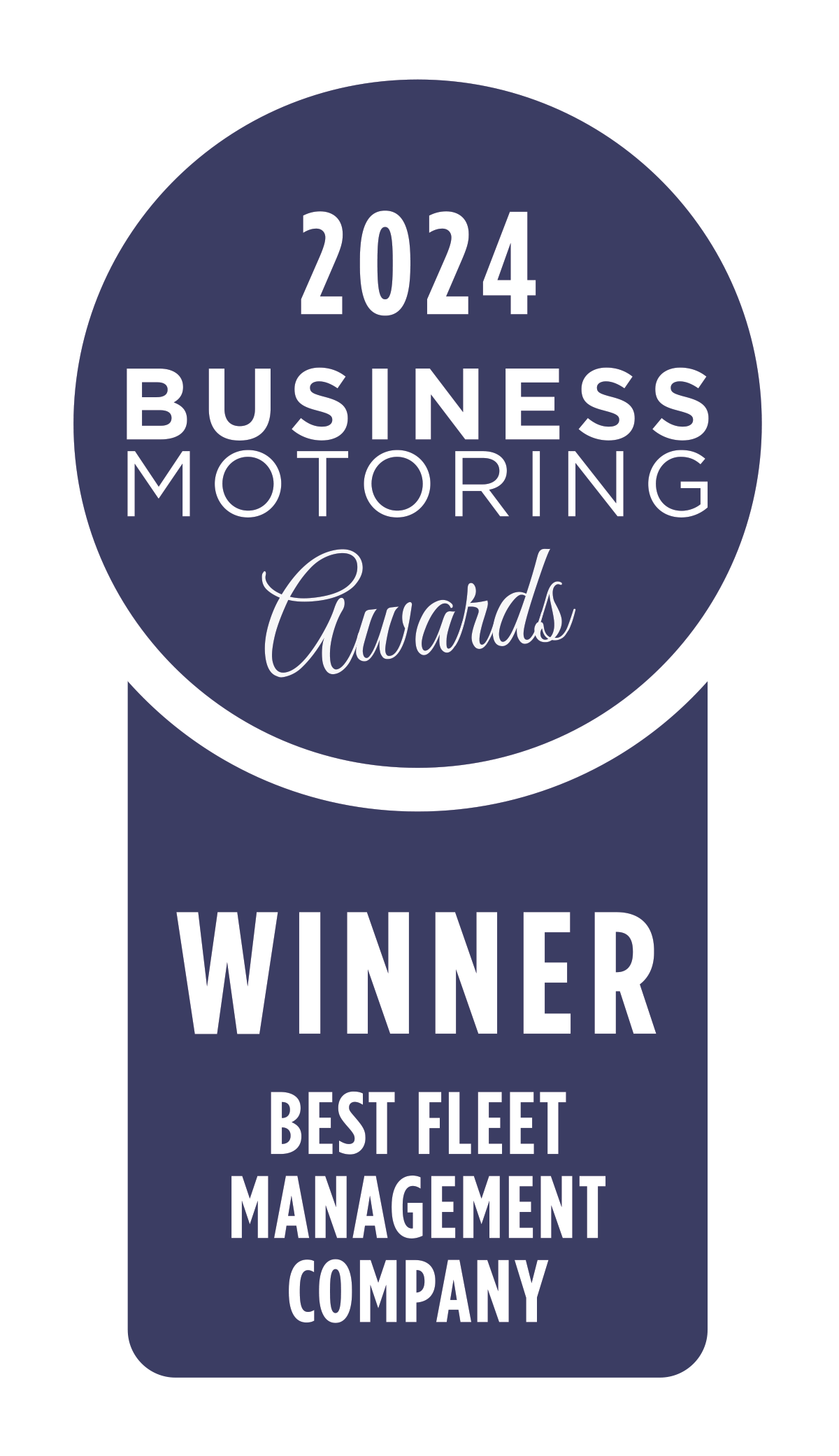Ultimate guide to choosing the best van for your needs
A complete guide for business on choosing the most cost-effective and efficient vehicle for any type of job.
![]() 17/11/2020
17/11/2020![]() 12 minutes read
12 minutes read
There are lots of factors to consider when choosing a vehicle. The right vehicle will be cost-effective and efficient at the job you need it for.
From the size, chassis, fuel efficiency, load requirements, to specialist uses, there is an ideal van or vehicle for nearly every type of job. Depending on your usage, you might benefit from a used van to run around in or a new van that you’ll put through its paces.
So, in terms of picking a vehicle that gives you an edge in the job you need it for, what do you need to consider? In this guide, we’ll be taking an in-depth look at the vehicle and van options available, so that you can squeeze the most out of your budget.
1. Vehicle usage
To get the most cost-effective and efficient van or vehicle, you need to seriously consider your needs.
If you're planning to use vans for long distances, mileage is a key consideration. Here’s how fuel efficiency typically compares across different van sizes:
- Small vans (e.g. Peugeot Partner, Volkswagen Caddy): Return 45-55 MPG - ideal for city driving and lighter loads.
- Medium vans (e.g. Ford Transit Custom, Peugeot Expert): Deliver 30-45 MPG - a balance between space and fuel economy.
- Large vans (e.g. Mercedes-Benz Sprinter, Ford Transit LWB): Offer 25-30 MPG - best for high-capacity transport over longer distances.
Choosing the right van size helps optimise fuel usage and reduce unnecessary operating costs.
Job Type
Do your jobs vary or do you require a vehicle for a specific purpose? This will decide whether you go for a general-purpose vehicle or something more specialist.
Mileage
If you only need a van for occasional use, you might find flexible hire or purchasing a used van to be cost-effective.
If you’ll be making long journeys or covering large distances, you might want a newer, more reliable van with some modern luxuries to make your driving experience more comfortable.
Reliability
When investing in vans for your fleet, reliability is just as important as size and performance. You need a vehicle that will minimise downtime and reduce maintenance costs.
Some of Northgate’s most reliable vans for fleets include:
- Ford Transit Connect – Continuously improved to address past limitations, this model is now known for its enhanced durability and everyday practicality.
- Mercedes-Benz Sprinter – Known for its robust German engineering and dependable, long-lasting diesel engines.
- Renault Trafic – Its reinforced gearbox and improved body protection deliver greater durability and reliability for everyday use.
The drivers and number of passengers
Whether you’ll be using the vehicle or someone else, keep the driver and passengers in mind.
- Size of the cab area - Some cab areas in vans will simply be too small for large or tall drivers.
- Number of seats – If your vans will be used by a team, you might need to consider a van with more seats, like a crew van or double cab van.
Specialist Requirements
If you have specialist needs such as refrigeration or roadside power, this will usually decide which type of vehicle you need. But there might also be situations where you just need to modify a normal van…
Customisations or extras
Vans can be customised with add-ons or made bespoke to fit a variety of needs.
Whether it’s for making your day-to-day job requirements easier, gathering fleet data (with telematics), increasing security, meeting compliance or insurance needs, or branding, there are plenty of options to choose from.
> read more about the customisation options available
2. The load
This will be one of the primary factors in deciding which van you need.
Too big and you are paying to transport air, too small and you risk having to take multiple trips.
When it comes to load, there are several things to consider:
The size and shape of the load space
- Load length and width – Will your goods, equipment or tools physically fit in your van? Don’t forget to factor in wheel arches – if you think they might get in the way, a box-van might be more suitable.
- Load Volume – Will you be looking to fill your van as much as possible? The load volume gives you an indication of how much you can store if every bit of space was filled.
- Payload is the legal maximum weight the vehicle can carry in addition to its kerb weight (the weight of a van if it was empty). Passengers, cargo, and fuel all contribute to the maximum payload amount.
Ease of loading or unloading
- Side loading doors - If the van is parked at the side of the road, side-loading doors could be safer and more convenient.
- Drop side or tipper - If you are transporting building or garden material, a drop side or tipper could make unloading a lot more convenient.
- Luton vans with a tail lift – The Luton van or box van as it is often called is great for transporting heavy or bulky goods – with the addition of a tail lift, unloading becomes much easier.
Security
If tools or expensive cargo will be left in the van when you’re at a job, you’ll be after an enclosed load space. You can then consider other vehicle add-ons to further enhance the security of your vehicle.
3. Engine
Significant losses or savings can be made depending on a vehicle’s fuel efficiency. A difference of just 10 MPG can mean paying up to £1000 more every 10,000 miles.
Diesel, Electric or Petrol
For light commercial vehicles, diesel vans are the most common. Petrol is only really an option for car-derived or small vans.
Electric vans are increasingly popular, but they are not suitable for every type of business. For short distances and driving in built-up areas with charging points readily available - they can be cheaper to run than diesels.
The gov.uk website provides a handy tool for checking fuel consumption and emissions figures for vans.
> Check out our top tips on keeping your fuel costs low
Euro 6, CAZ and ULEZ Compliance
If you’ll be driving in and around cities, you’ll want to check any locally relevant clean air zone (CAZ) policies and whether you need a compliant vehicle to avoid the financial charges in place for high polluting vehicles. Euro 6 is the current standard for compliant vans and will most likely be what you need to avoid any charges.
For example, the ULEZ zone was put in place in central London from 8th April 2019. When driving in a ULEZ zone, any LCVs that are not Euro 6 compliant will be liable for a charge of £12.50 per day (in addition to the Congestion Charge).
The rest of the UK is in varying stages of implementing similar policies in the form of CAZ.
4. Price
The cost of your van goes beyond the ticket price. Small savings now can mean bigger costs later down the line.
Maintenance
How much can you put aside to maintain your vehicle? Older vehicles may be cheaper, but they often require more maintenance. Vehicles older than 3 years old require a yearly MOT, and then there’s the worry of potentially needing expensive replacement parts or repairs.
Depreciation
Do you require or need to own a brand-new van? The price of most vehicles depreciates the moment it leaves the dealership. The AA calculates depreciation to be at around 20% a year.
Disposal Costs
What will you do when it’s time to upgrade or get rid of your vehicle? Selling or disposing of your vehicle can come with its own costs. You can help reduce your losses by thinking of a vehicle’s popularity and potential resale value.
> Learn more about some of the best ways to dispose of old vans
5. Vehicle Acquisition
Review the various methods of getting vans – you might find that there’s a method that could save you money or enable you to get a newer van.
The method you choose might have an impact on the van you end up with. For example, spreading your costs over time, as with leasing, hire purchase or finance, could give you the option of getting a newer van.
Buying, renting, financing or leasing are all methods of getting business vans. They each have their own pros and cons. Here’s a list of the most common methods.
Buying (Outright Purchase)
It’s the same as buying anything else. You pay all the money upfront and the vehicle is yours.
Leasing
There are three main forms:
- Personal Contract Hire (PCH) – This is like renting a car but for an extended period. Often requires a deposit that covers 1, 2 or 3 monthly payments.
- Business Contract Hire (BCH) – It is the same as PCH. However, you also receive tax relief benefits. There is generally the option to add servicing and maintenance as an additional cost.
- Personal Contract Purchase (PCP) – It’s identical to BCH, but the supplier is expecting you to sell the car after your contract ends. As such, you’ll also have the option of purchasing the vehicle in one final payment – sometimes called a ‘balloon payment’.
Bank Loan
Requires taking out a loan from a lender like a bank or building society. You will usually pay interest on top of the original cost of the vehicle.
Hire Purchase
Like a mortgage on a house, you make an initial deposit followed by monthly repayments. At the end of your contract, you will own the vehicle.
Northgate's Hire Options
Our vehicle hire options go beyond the traditional methods of getting vans, by offering businesses with a flexible and complete service designed to keep their vans on the road and ahead of the competition.
> See a side by side comparison of our hire options verses traditional acquisition methods
6. Gathering Feedback
Getting the most out of your vehicles is an ongoing process. Keeping track of their performance and costs is important to eventually identifying cost-saving opportunities or increasing operational efficiencies.
Consulting your drivers
Your best source for feedback is often the user of the vehicle. Whether you have a formal process or not, it can be beneficial to listen out for feedback on how the vehicle is being used.
Consulting your supplier
Many suppliers take a consultative approach to getting you the best vehicle for your needs. The level of support is sometimes reliant on your acquisition method.
For example, with business contract hire, you have more flexibility to change vehicles. As such, the supplier will want to work with you to make sure you get the best vehicle possible, since you will be more likely to keep it.
Taking a data-driven approach
Installing telematics in your vehicles allows you to monitor their usage and location. When it comes to vehicles, telematics refers to the ability for a device or system installed in your vehicle to take in and send out information – often via telecommunications to your computer. You might be familiar with a common telematics device used by insurers, ‘the black box’.
Using the information supplied by telematics, you can better co-ordinate your drivers and optimise your fleet. To see the full potential of telematics, take a look at our brochure.
Keeping track of your costs
Even if you’re not using telematics, you can still record information about your vehicles. Having a database for vehicle usage and possible downtime will allow you to start predicting ‘unexpected costs’. The more data you have, the more accurately you’ll be able to set aside money for these costs.
This information would also help you decide on your acquisition method. For example, if your maintenance, servicing and repair costs are high, you might choose hiring – hiring with Northgate has all of these costs included.
How can Northgate help?
Our experts can help your business find the most cost-effective vehicle for your needs, for the time periods that suit you.
Whatever the job, we can supply vans to meet your exact requirements. From racking to roof bars, liveried or plain, co-branded or not, you don’t have to compromise when choosing from our comprehensive vehicle range.
Whether you have a specific vehicle in mind or are looking for advice, our expert fleet consultants are here to help.
Get a personalised business vehicle hire quote for your business.







